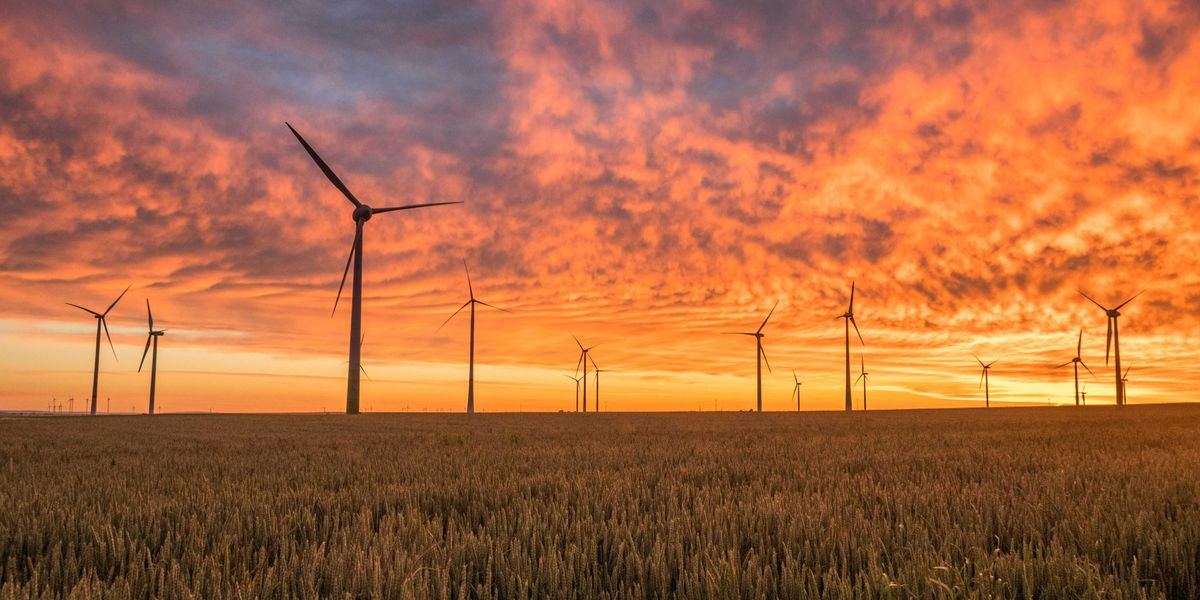Trump’s defense buildup could fuel global emissions surge, researcher warns
A growing military footprint under President Trump is poised to escalate U.S. and global greenhouse gas emissions, with climate consequences obscured by administration secrecy.
Nina Lakhani reports for The Guardian.
In short:
- The Pentagon emitted 48 megatons of CO₂ in 2023 — more than some nations — making it the largest institutional greenhouse gas emitter globally.
- Trump’s renewed militarization, including threats and strikes, is expected to raise military emissions and spur a parallel buildup by allies and adversaries.
- The U.S. exempted military emissions from international climate rules decades ago, and the Trump administration has begun hiding Pentagon fuel data that enables accountability.
Key quote:
“Getting a handle on the scale, scope and impact of the world’s military emissions is extremely important, so that there is accountability and a path toward reduction … but the US is shutting things down. It’s becoming a black hole of information. It’s authoritarianism.”
— Neta Crawford, Montague Burton professor of international relations at the University of Oxford
Why this matters:
The U.S. military not only produces massive emissions through operations, exercises, and base maintenance, but also spurs emissions worldwide by provoking buildups among allies and adversaries. When governments prioritize war over welfare — diverting funds from education, health, and clean energy — there's a climate price to pay. Military action also devastates ecosystems, burning forests, bombing buildings, and killing carbon-capturing life in oceans and on land. Despite warnings from its own analysts that climate instability threatens U.S. security, the Pentagon has historically fought to keep its emissions hidden and unregulated. With Trump’s return to power, transparency is collapsing further, and his massive defense budgets and climate policy rollbacks threaten to send emissions spiraling.
Related: Climate action must be a priority, not a casualty, of defense spending













